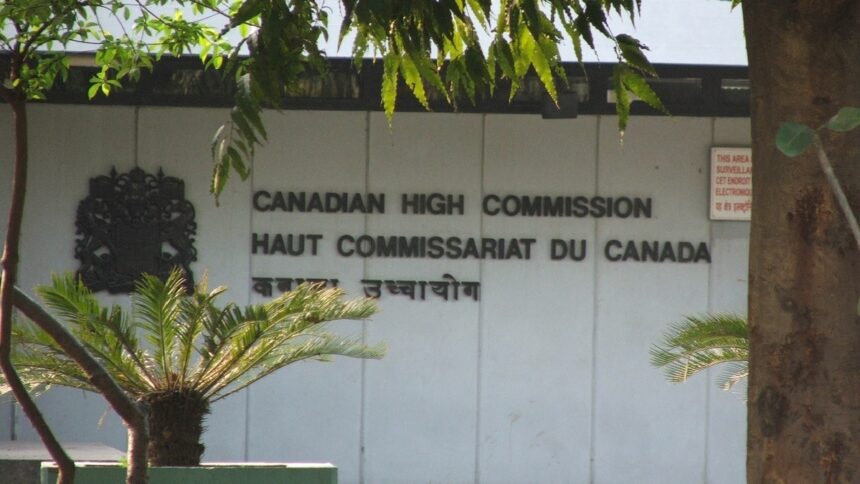Amid tensions with India over death of a separatist Sikh leader, Canada has issued a travel advisory to its citizens and asked them to “avoid all travel to Jammu and Kashmir”.
“Avoid all travel to the Union Territory of Jammu and Kashmir due to the unpredictable security situation. There is a threat of terrorism, militancy, civil unrest and kidnapping. This advisory excludes travelling to or within the Union Territory of Ladakh,” said Canada in its updated travel advisory for India.
Canada also asked its citizens to “exercise a high degree of caution” in India due to the “threat of terrorist attacks throughout the country”.
“There are certain safety and security concerns or the situation could change quickly. Be very cautious at all times, monitor local media and follow the instructions of local authorities,” stated the advisory, published on the website of Government of Canada.
Suggesting its citizens to avoid non-essential travel to India, the advisory stated, “Your safety and security could be at risk. You should think about your need to travel to this country, territory or region based on family or business requirements, knowledge of or familiarity with the region, and other factors. If you are already there, think about whether you really need to be there. If you do not need to be there, you should think about leaving”.
Canadians have been told to avoid non-essential travel to Assam and Manipur “due to the risk of terrorism and insurgency”.
Canada also asked its citizens to avoid all travel to areas within 10 km of the border with Pakistan in Gujarat, Punjab and Rajasthan due to “unpredictable security situation and presence of landmines and unexploded ordnance”.
However, the advisory excluded the Wagah border crossing.
Meanwhile, Prime Minister Justin Trudeau said on Tuesday that Canada is not trying to provoke India by suggesting it was linked to the murder of a Sikh separatist leader, but wants New Delhi to address the issue properly.
Trudeau announced on Monday that Canadian intelligence agencies were actively pursuing credible allegations tying New Delhi’s agents to the shooting of Hardeep Singh Nijjar, 45, in British Columbia in June.
India quickly dismissed the assertion as absurd, and said it was expelling a Canadian diplomat, further worsening already poor diplomatic relations between the two G20 members. After Trudeau’s remarks in Parliament, Canadian Foreign Minister Melanie Joly confirmed that she has ordered the expulsion of ”a senior Indian diplomat.” Reacting sharply to the allegations and Joly’s remarks, India on Tuesday rejected Trudeau’s claims, calling them ”absurd and motivated”. The Ministry of External Affairs (MEA) has also asked a Canadian diplomat to leave India within the next five days.
Trudeau told reporters that the case had far-reaching consequences in international law.
“The government of India needs to take this matter with the utmost seriousness. We are doing that; we are not looking to provoke or escalate,” he said.
The affair has derailed protracted talks on a potential bilateral trade deal.








